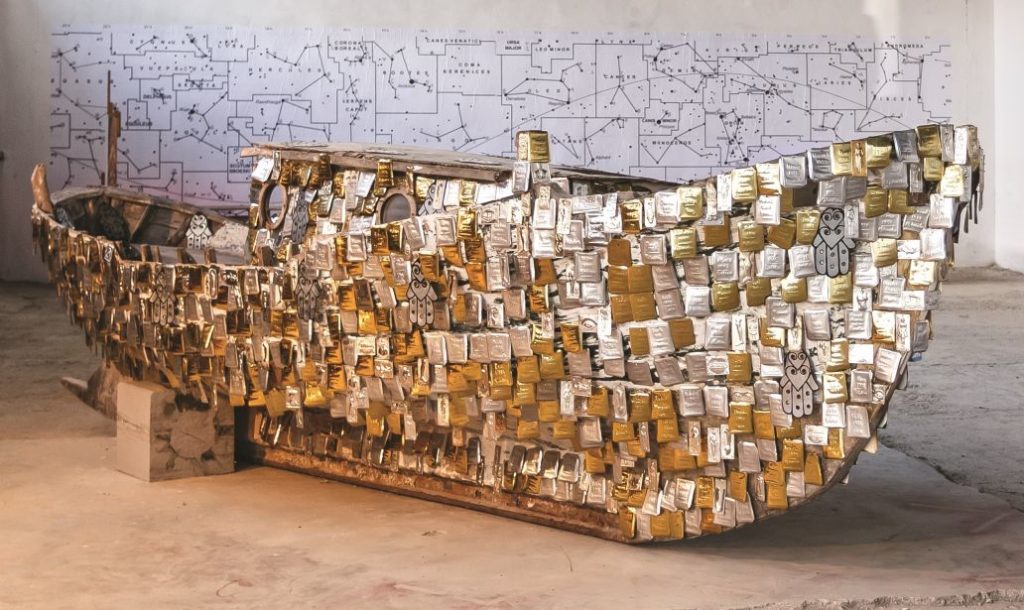Politics
Çanakkale Biennial in Turkey Calls Off its 2016 Edition
It was slated to open in three weeks.

It was slated to open in three weeks.

Hili Perlson

The organizers of the Çanakkale Biennial have announced today that the fifth edition of the city-wide exhibition, slated to open on September 24, has been called off.
Only recently, the biennial confirmed that it will not cancel its upcoming edition despite the instability that followed the failed military coup in Turkey, and the subsequent arrests of artists and journalists that are currently taking place.
“We are determined to realize this biennial even under the current difficult conditions,” Beral Madra, director of the Çanakkale Biennial, said in an interview back in July.
However, with only three weeks to go until the opening, the increasingly hostile environment towards artists and the free media—dozens of papers, TV channels, and magazines were closed immediately after the failed coup, and many arrested—has forced the biennial organizers to take a stand.
“We regret to announce to the public that we have canceled the Çanakkale Biennial,” reads the press announcement sent to artnet News. “We are deeply saddened by the current political atmosphere, which does not place art as a primary point of concern.”
The civil initiative CABININ, which had organized the biennial since 2008, also announced the departure of its director, Madra. “Beral Madra, the art director and the co-curator of the biennial since the 3rd Canakkale Biennial in 2012, has willingly left her position due to this prioritization of political agendas in the public sphere, which is contradictory to the basis of our organization.”
In addition to the adverse conditions in the country, the statement also alludes to censorship as a factor. “In this situation where art is eclipsed by the circumstances of politics, and also due to the sensitive atmosphere caused by the realities that surround us today, we have lost our ability and enthusiasm to carry out the Biennale in line with our most vital values.”
The biennial’s program was planned to include over 40 artists showing largely new works addressing the theme of migration—a very pertinent theme in the country, which borders with Syria.
“One year after Alan Kurdi’s lifeless body was washed up on our shores, we would like to dedicate the unrealized 5th Çanakkale Biennial and the efforts of everyone involved to all the people who have been expelled from their homelands.”